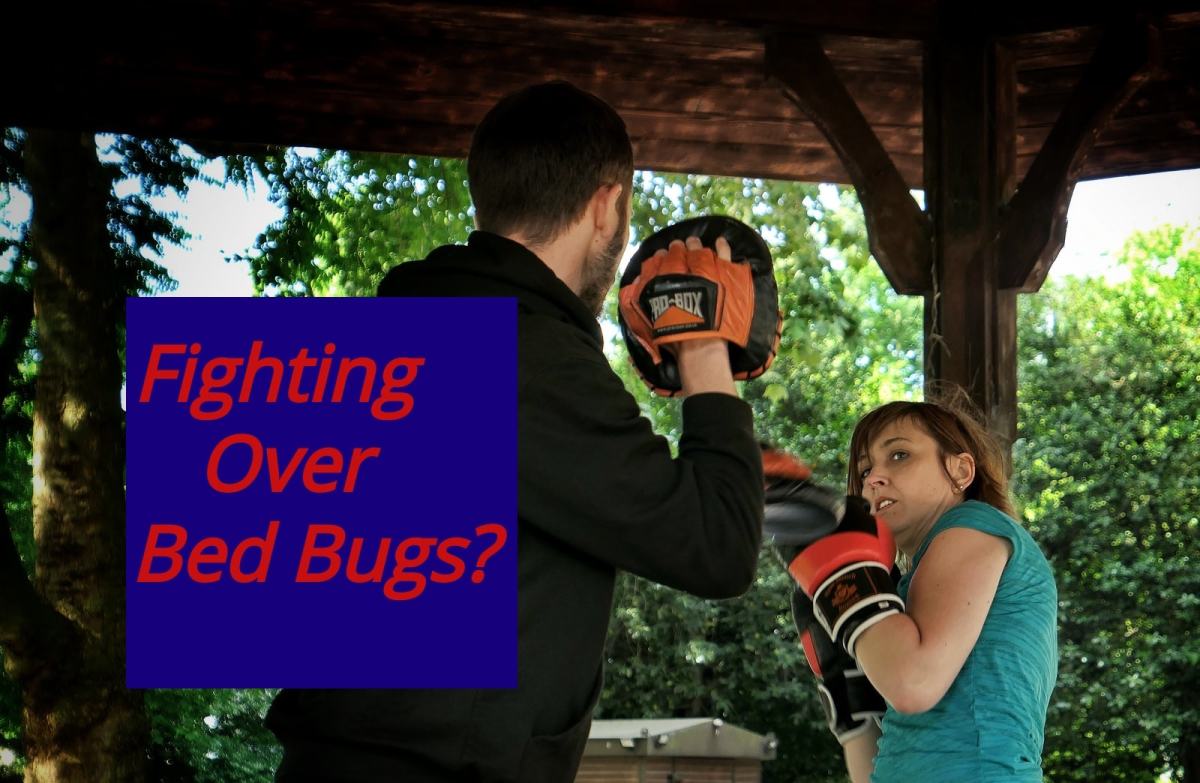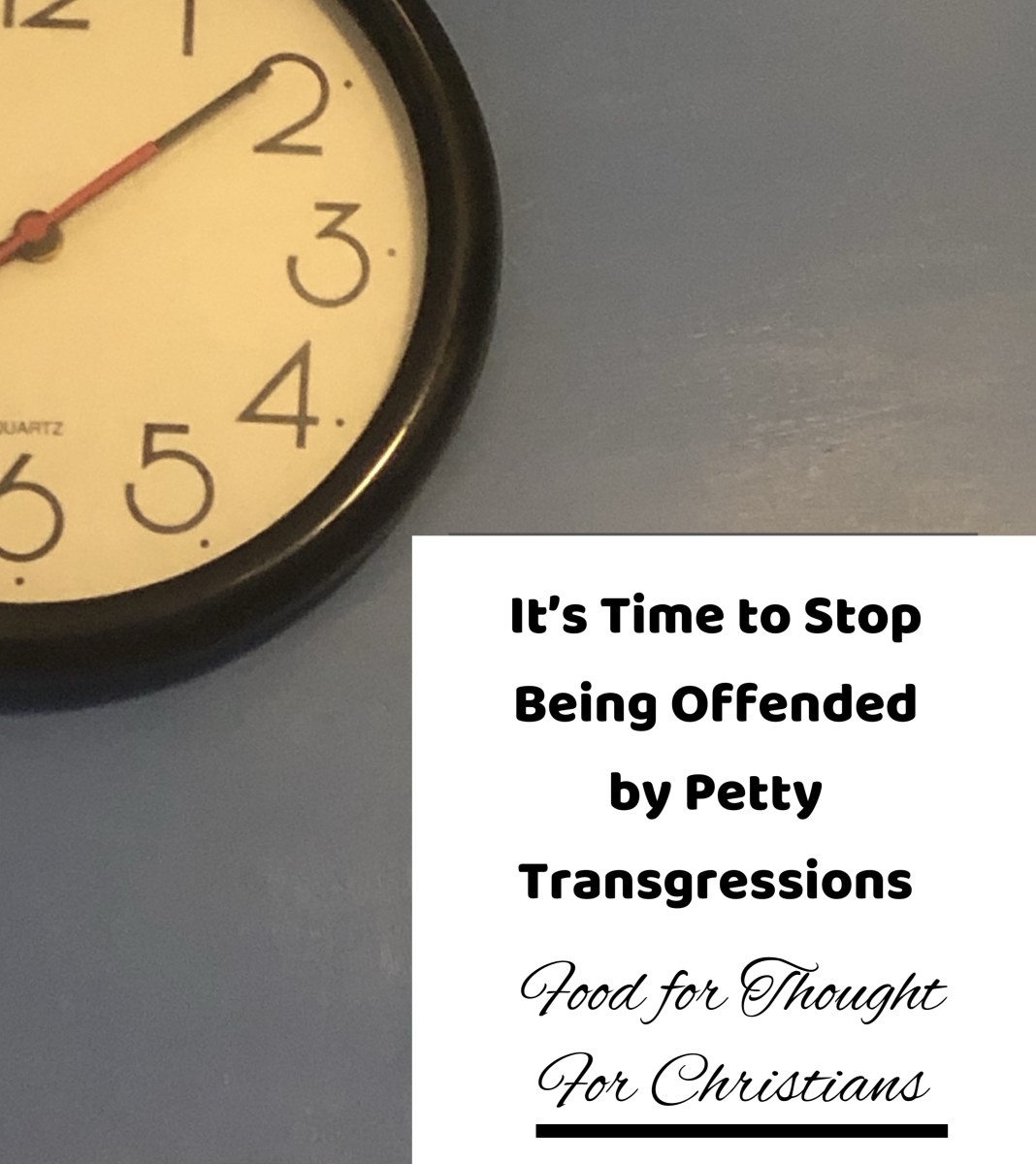How to Recognize an Abusive Relationship

Remember when you were a little kid playing with your friends and everything was fun? You shared laughs over silly things, rode bikes together, traded ideas and secrets and took turns deciding what fun thing to do next.
Then there came a time when relationships got complicated. And this did not necessarily happen because you got older. There was a kid who always wanted to have their way or would not play fair or one who was a bully. At that point there were usually parents and teachers who intervened and set things straight.
Unfortunately, even though everybody grows up, not everybody learns to be a better person. Sometimes the liars, cheaters, troublemakers, and bullies just hone their skills as they get older. You are bound to run into them as you navigate the world of adult relationships. Abusive relationships usually follow a pattern and this guide will help you whether or not a relationship is is healthy or safe.
How Can I Tell If A Relationship Is Healthy or Abusive?
Thinking back to childhood again, remember the bully who gathered a group of friends by beating kids up first? I’m sure you’ve seen this phenomenon. In case you haven't guessed, this is NOT a healthy or safe way to start a friendship or relationship. The bully usually ends up becoming the boss and the subordinate “friend” usually obeys out of fear while secretly harboring resentment. Some people stay in this type of relationship as a subordinate because somewhere in their past they experienced abuse from a parent or caregiver, making the dynamic of the current relationship seem familiar and comfortable. I call this staying in your discomfort zone.
The healthiest relationships are formed because of shared interests, common values, and mutual respect. Enjoying a hobby together, working well together, going to places you both love and having a basic agreement on what is important in life can create a strong bond.
Good relationships are built on things like:
- Respect
- Caring
- Supportiveness
- Encouragement
- Comfort
- Hope
- Trust
- laughter
Abusive relationships sometimes start out with some or all of those elements, but eventually devolve into something dark and strange. This is not to say that all disagreements and anger are abusive. There is a difference between having an argument and having a fight where abuse takes place.
Healthy debate is fine, but shouting and intimidation are not healthy forms of expression.
In an abusive relationship, the abuser will consistently:
- intimidate, threaten, or hurt you
- insult, shout at, and manipulate you
- make you do things that make you uncomfortable
- play too rough, then make you feel wrong for speaking out about it
- blame everything on you or make you feel everything is your fault
- make you feel guilty in order to get their way
- make you feel disloyal for talking to anyone else about the abuse
- threaten you with harm for telling anyone about the abuse
- apologize and bring you lavish presents after abusing you
- start the cycle again after a brief period of seeming normalcy
If you are left wondering what happened to the wonderful person you started a relationship with, it may be they have just relaxed enough to show you who they really are.
Is a Selfish Partner Abusive?
Remember the kid who wouldn’t share? No one likes to be around a greedy person. Still, some people expect to always get their way in a relationship. It is important to respect and honor each person’s individuality and needs but it is not necessary or acceptable for the relationship to be all about one person. Selfishness is a common trait of an abusive person. In an unhealthy relationship, a selfish person tends to:
- be overly possessive of you
- be demanding of your time and resources
- get jealous easily
- give you guilt about their needs while downplaying the importance of your needs
- think their way is the only right way, refusing to compromise
- interrupt or change the subject when their faults are discovered
- use the words "I" and "me" excessively
Relationships should be like a two way street, where each partner seeks to respect and meet the other one's needs as much as possible. Each person should seek to bring out the best in their partner. Each individual in a relationship should also have their own life, work and interests. This makes it more interesting when time is spent together.
Overall, there should be a healthy balance between what is done for self and what is done out of cooperation. Disagreements should be handled in a way that honors and satisfies both partners. Compromises should be made by both partners in order to maintain the relationship.
What are Relationship "Deal Breakers" ?
If one person in the relationship keeps the other person from having a life of their own, something is wrong. Each person should be able to have normal relationships with family members and friends, jobs, hobbies and activities. Most importantly, NO ONE should ever coerce you or force you to cut ties with your loved ones or friends in order to have all of your attention. This can happen when a partner does things like:
- disrespects your family or friends
- talks trash about people you care about for no apparent reason
- stirs up trouble or drama frequently
- shows no desire to resolve issues
- says hurtful things designed to divide
- demands excessive amounts of your time in exclusion to others
- threatens or punishes you for spending time with others
- makes you feel like it is “you and me against the world”
An abusive person will try to convince you that all of your time, love and devotion should belong only to them. They may even use religion to persuade you to cut ties with good people that you care about. An abusive person sometimes tries to create the idea in your mind that perfection of life lies solely in your relationship with them. If they succeed in cutting you off from family and friends, their ability to control you is increased as you will end up with little or no support to speak of.
Domestic Violence Documentary
Is There Hope for an Abuser?
Often, but not always, an abusive person also has an addictive personality. In many cases, abusers are alcoholics, substance abusers, gambling or gaming addicts. Sometimes their erratic behavior can be a result of their love for whatever they are addicted to. Even people who deny any drug or alcohol abuse can be secretly using and will readily lie about it if they are. It is sad that people have these problems but that is not a good excuse for being abusive. Many people are emotionally and physically abusive before they are ever addicts.
The important thing to keep in mind about an abusive person is that they are not likely to change anytime soon or without lots of help. The majority of the time, your dedication, patience, pleading and attempts to set a good example will be all but lost on an abusive person. If you are successful at getting the abuser to go to counseling, you will have a lot of work ahead of you and it is likely the person will require support for the rest of their life. At times, even with counseling, an abusive person may learn to mask their unhealthy behaviors and eventually they may revert to them under stress.
This is not to say there is not any hope for an abuser, but the abuser must truly desire to change, and be willing to faithfully work at it. Do not accept hasty apologies, gifts, and promises, and do not let your guard down. Be aware and alert, especially if the abuser has been physically violent or has put you in danger.
Should I Confront my Abusive Partner?
Many times, an abusive relationship goes undetected for a long period of time. An abuser is good at hiding things in the beginning, and convincing their victim to keep quiet once the abuse has started. Abuse also tends to happen in waves, with periods of calm and even loving behavior in between.
When abuse happens, victims can be fearful of retribution from their abuser. A victim may also be feel embarrassed for having let themselves get into this situation. Sometimes there are other reasons, including financial hardship, that will cause a person to stay in an abusive relationship. But when you do get the courage to stand up for yourself, you need to use caution.
A number of different things can happen when an abuser is confronted about their behavior. First, keep in mind the confrontation does not have to be angry, or demeaning to your partner. However gently you put it, it will be necessary to assert yourself and explain your realization that the relationship is unhealthy.
Providing examples of inappropriate behavior or the pattern that you have seen developing can be helpful. Having educational literature can also help. But beware. Results can vary with each individual but in every case, it is advisable to think things through and proceed with caution.
An abuser's reactions can include:
- denial
- pouting and sulking
- giving reasons why you are to blame
- telling you you're judgmental
- blaming other people
- tears and begging
- a show of remorse that could include gift-giving
- making resolutions and going through a period of reformed behavior
- explosive outbursts
- threatening and demanding that you not expose them
- physical violence
- murder
Unfortunately, in some cases an abuser simply does not want to change. Sometimes, even after a period of reform, once the abuser feels comfortable again, the cycle of abuse can begin anew. It can be necessary to get professional help, but keep in mind it may never work out, and if your safety is threatened, you need to take care of yourself.
Men Can be Victims, Too
When do I need to take Action in an Abusive Relationship?
When deciding whether or not your relationship is healthy, ask yourself how many “red flags” are already flying. Have your friends or family members raised eyebrows or asked concerned questions about certain behaviors? Have you had feelings of doubt or fear about this person? Have you been manipulated, threatened or hurt, or has this person borrowed excessive amounts of money or possessions from you?
Usually you can trust your ‘gut’ when it comes to relationships. If someone is creeping you out, making you feel bad or you are always in a fight, it might be a good time to take a step back and re-evaluate your situation. It may be time to move on.
If there is a long-standing pattern of abuse and you feel frightened or trapped, reach out to family members, friends or the community for support. You may have to be very careful in doing this, so as not to let the abuser know you are doing so. If the situation is dire, plan carefully and see if you can hide away some cash in order to make a safe escape.
It may be difficult, but never give up. Keep in mind that you deserve a healthy relationship and happiness. There are organizations set up specifically to help people who are in abusive relationships and they are ready to help.
This content is for informational purposes only and does not substitute for formal and individualized diagnosis, prognosis, treatment, prescription, and/or dietary advice from a licensed medical professional. Do not stop or alter your current course of treatment. If pregnant or nursing, consult with a qualified provider on an individual basis. Seek immediate help if you are experiencing a medical emergency.
© 2011 Robin Turner








